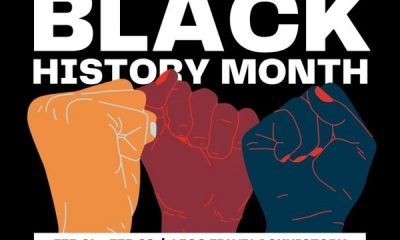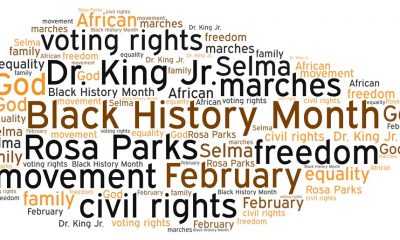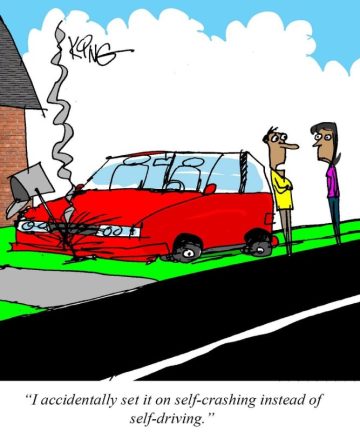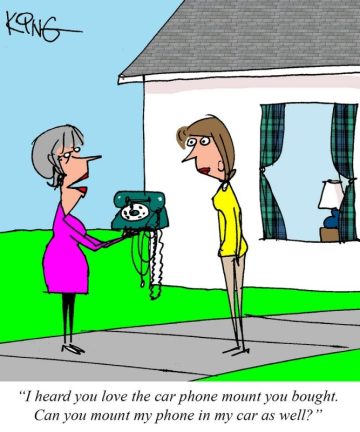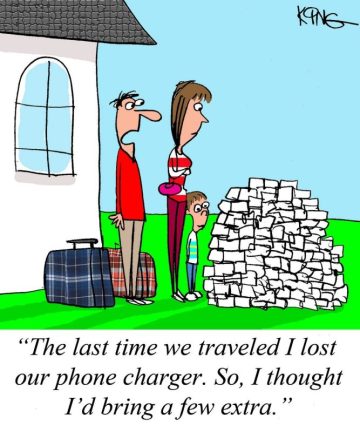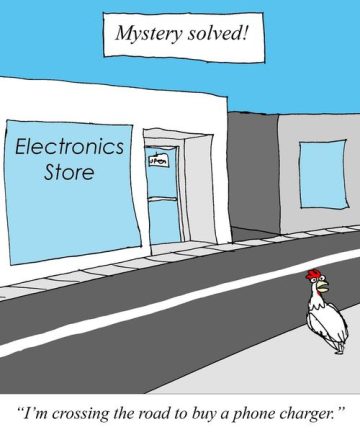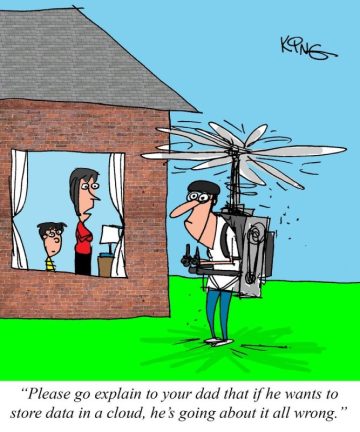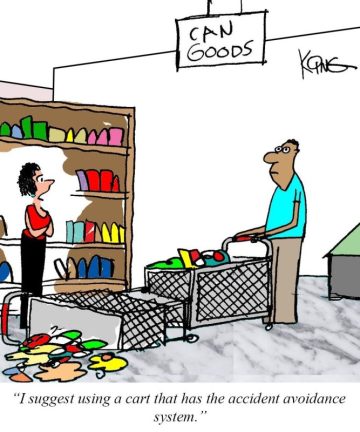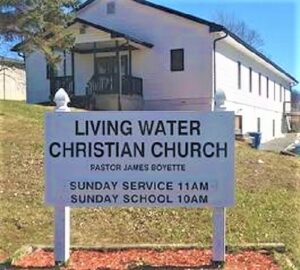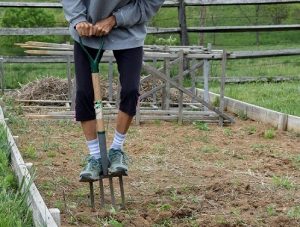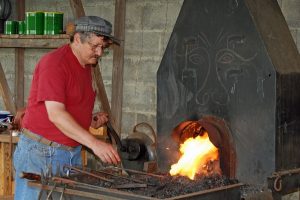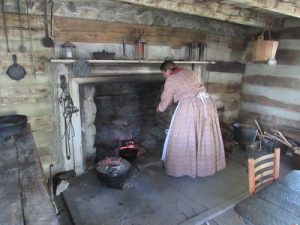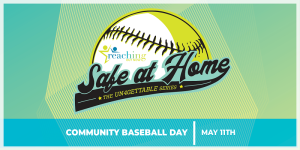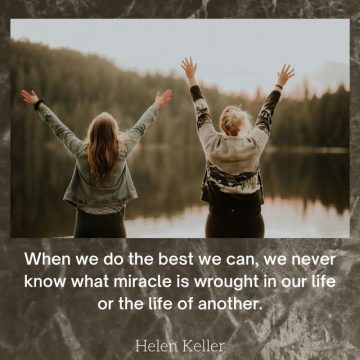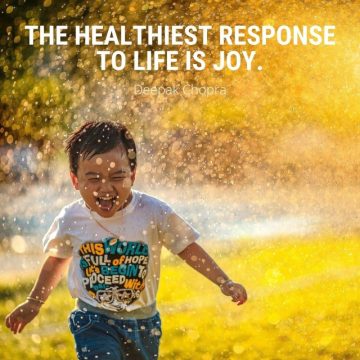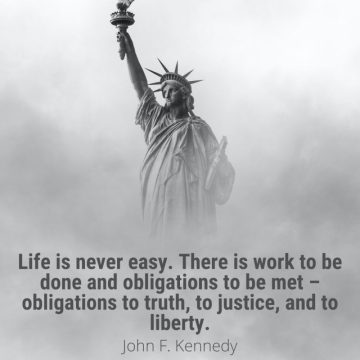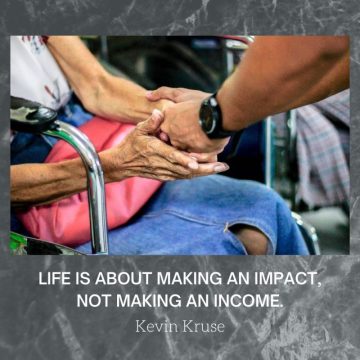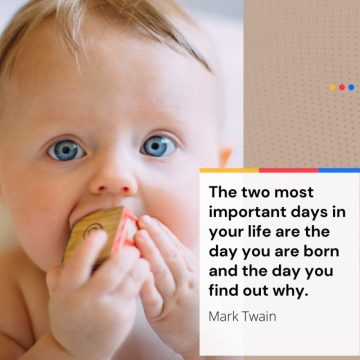Seasonal
Black athletes who became activists
February is Black History Month, and the theme for this year’s event is Black Resistance. Over the years, many Black athletes have used their public profile to call out racist conventions and advocate for justice and equality. Here are a few who bravely resisted the societal pressures that suggest Black athletes should keep quiet about political and social issues.
Serena Williams
This tennis star is a vocal advocate for Black women, highlighting issues like equal pay and investing millions into businesses owned by Black female entrepreneurs.
Florence Griffith Joyner
Flo Jo shattered world and Olympic track and field records in 1988. Her unique personal style redefined what it meant to be a Black female athlete.
Jessie Owens
Owens won four gold medals in the 1936 Olympics in Berlin and smashed Adolf Hitler’s convictions regarding white superiority.
Tommie Smith and John Carlos
After winning Olympic medals in 1968, these two sprinters raised black-gloved fists in the air as a salute to the Black Power movement. They also co-founded The Olympic Project for Human Rights.
Colin Kaepernick
In 2016, this NFL quarterback knelt during the national anthem to protest police brutality and racial injustice. He lost his job at the end of the season, and no team would sign him afterward.
Simone Biles
This 25-year-old Olympic gold-medal gymnast is a vocal advocate for mental health issues.
Jackie Robinson
The first African American to play Major League Baseball, Robinson became a prominent civil rights activist after his retirement from the sport in 1956.
These are just some of the many Black athletes who’ve spoken up against systemic racism and social injustice. Others include Muhammad Ali, LeBron James, Jason Collins and Bubba Wallace.
Athlete protests in the United States can be dated back to as early as the 1800s.
: Photo: Bob Sandberg, Look photographer
Interesting Things to Know
Understanding Palm Sunday and Holy Week: A Journey of Faith
Interesting Things to Know
Valentine’s Day on a Budget: Celebrating Love Without Overspending
Affordable Ideas for a Romantic Celebration.
Valentine’s Day is a special occasion to celebrate love; it doesn’t have to come with a hefty price tag. If you’re on a tight budget, there are plenty of ways to make the day memorable and meaningful without spending a lot of money. Here are some creative and affordable ideas for gifts, activities, and meals.
Gifts: Personal and Inexpensive
- Write a Poem or Love Letter: Express your feelings through words. A heartfelt poem or love letter is a timeless and cost-free way to show your affection.
- Create a Song or Musical Composition: If you’re musically inclined, write a song or compose a piece of music that reflects your feelings.
- Make a Personal Video: Compile a video of special moments you’ve shared, or create a heartfelt message expressing your love.
- Art and Crafts: Tap into your artistic side with a drawing, painting, or a DIY craft that holds special meaning for both of you.
Activities: Fun and Frugal
- Home Entertainment: Plan a movie night, sing karaoke, or play board games at home. These activities are enjoyable and cost little to nothing.
- Nature Walk: Spend time together outdoors with a walk in a local park or nature reserve. It’s free and a great way to connect with each other and nature.
- Visit Local Exhibits: Check out free or low-cost exhibits at local museums or galleries. It’s a cultured and inexpensive way to spend time together.
Meals: Homemade and Heartfelt
- Home-Cooked Meal: Cook a special meal at home. It’s more intimate and cost-effective than dining out. Plus, cooking together can be a fun bonding experience.
- Ready-Made Meal: For those not keen on cooking, a ready-made meal from a local store can be a simple yet romantic option.
Celebrating Valentine’s Day on a budget is all about focusing on the connection and love you share rather than on how much you spend. With a little creativity and planning, you can create a romantic and unforgettable Valentine’s Day without putting a dent in your wallet.
Interesting Things to Know
Valentine’s Day Gift Guide: 5 Thoughtful Ideas to Dazzle Your Loved One
Finding the Perfect Gift for That Special Someone.
Valentine’s Day is the perfect occasion to show your affection with a thoughtful gift that speaks to the heart. If you’re looking for inspiration to make this Valentine’s Day unforgettable for your loved one, consider these five exceptional gift ideas:
1. Fashion Accessory: A Touch of Elegance
Elevate your partner’s style with a piece of exquisite jewelry or a designer watch. To ensure it aligns with their taste, take cues from their existing collection. If in doubt, consult with a jeweler, using pictures of your partner’s current pieces for guidance.
2. Spa Experience: A Relaxation Haven
Gift your sweetheart a day of tranquility with a spa experience. Enhance the romance by opting for a couple’s session. Many hotels and resorts offer spa services, or you could choose a charming local establishment. It’s a perfect way to unwind together and create lasting memories.
3. Personalized Art: A Creative Tribute to Your Love
Commission a local artist to create a unique piece that encapsulates your love story. It could be a painting, photograph, engraving, or even a caricature. This personalized artwork will serve as a beautiful reminder of your bond.
4. Epicurean Getaway: A Feast for the Senses
Organize a getaway that tantalizes the senses – think gourmet dining, captivating shows, and local tastings of wine, beer, or cheese. Add a cultural touch with a visit to an art gallery, tailoring the entire experience to your partner’s preferences.
5. Luxury Skincare: Pampering in a Box
Surprise them with a selection of high-end skincare products like creams, serums, masks, and oils. Opt for prestigious brands and beautifully packaged sets. For the perfect match, seek advice from a beauty salon or cosmetic experts at a pharmacy.
Celebrate Love in All Its Forms
Whether it’s with classic choices like flowers and sweets or unique experiences like a gourmet dinner or a balloon bouquet, Valentine’s Day is all about expressing love in the most heartfelt way. How will you convey your affection this February 14th?
Interesting Things to Know
Top 10 Romantic Activities for an Unforgettable Valentine’s Day
Crafting Special Moments for Couples.
Valentine’s Day is the perfect opportunity for couples, whether newly together or long-term partners, to strengthen their bond and create beautiful memories. Here are 10 romantic activities that promise an unforgettable Valentine’s Day filled with intimacy and togetherness:
1. Enchanting Winter Picnic
Set up a cozy picnic in a magical winter setting, like a forest, a park by the water, or amidst the mountains. Wrap up warm and enjoy the serene beauty together.
2. Nostalgic Photo Viewing
Take a trip down memory lane by looking through photos from your wedding day or your first date. Reminisce about the early days of your relationship and the journey you’ve shared.
3. Cooking a Meal Together
Spend time in the kitchen cooking a special meal together. Enhance the experience with a glass of wine and some soothing jazz music in the background.
4. Romantic Comedy Movie Night
Visit the movie theater to watch a romantic comedy. Sharing a bag of popcorn can add a playful touch as your fingers accidentally brush against each other.
5. Dining at a New Restaurant
Discover a new restaurant that piques your interest. Remember to book your table in advance to avoid any last-minute hassles.
6. Dance Night at Home
Have a dance night in your living room. Create a playlist with your favorite tunes, including a mix of upbeat songs and slow, romantic numbers.
7. Collaborative Art Project
Create a piece of art together. It could be anything from a painting or collage to a papier-mâché sculpture. This shared creative endeavor can be a fun and bonding experience.
8. Magical Ice Skating
Go ice skating hand in hand, perhaps in an idyllic location like an evening rink lit by torchlight. The ambiance and physical closeness are perfect for Valentine’s Day.
9. Play a Fun Board Game
Choose a playful or slightly naughty board game to enjoy together. It’s a great way to share laughs and lighthearted moments.
10. Professional Couple’s Photo Session
Treat yourselves to a professional photo session. Select the best pictures to display in your home or share them on social media to celebrate your love.
Celebrate Love in Unique Ways
Valentine’s Day is all about celebrating love. These activities offer a mix of intimacy, fun, and romance, ensuring you and your partner have a day to remember.
Interesting Things to Know
Ringing in Renewal: The Timeless Tradition of New Year’s Celebrations
From Ancient Rituals to Modern Festivities.
As the world welcomes another year, it’s fascinating to reflect on how the celebration of New Year’s Day, a tradition steeped in history, has evolved. This day, universally recognized as a fresh start, traces its origins back more than 4,000 years, making it one of humanity’s oldest celebrations.
The concept of a new year offering a chance for renewal and self-improvement is not a modern invention. Ancient civilizations like the Egyptians and Babylonians marked the new year around March 23, a date that aligned with the rebirth and rejuvenation of spring. The Babylonians, known for their grand festivities, also embraced the idea of New Year’s resolutions, with a common goal of returning borrowed farm equipment, showcasing their community-centric values.
The observation of the new year underwent a significant shift with the Romans. Initially celebrating it on March 25, they encountered a misalignment of their calendar with the solar year. It was Julius Caesar, in 46 B.C., who reformed the calendar system, introducing the Julian calendar. This change established January 1 as the beginning of the year but required an extended year of 445 days to implement.
An intriguing aspect of New Year’s celebrations is the symbolism of a baby, which dates back to around 600 B.C. in Greece. The Greeks honored Dionysus, the god of wine, with the image of a baby in a basket to represent the annual renewal of life and fertility. Similarly, the Egyptians used the baby symbol for rebirth. Although initially frowned upon by Christians as a pagan practice, the symbol was eventually embraced, with the baby representing the birth of Jesus Christ.
This tradition of symbolizing the new year with a baby was brought to early America by the Germans, who had maintained this practice since the 14th century. Today, the image of a baby with a festive banner is a widely recognized representation of the new year.
As we celebrate New Year’s Day, it’s a reminder of the shared human desire for renewal and betterment that transcends cultures and centuries. It’s a time to reflect on the past and embrace the future with hope and determination.
Interesting Things to Know
The Art of Regifting: Balancing Ethics and Etiquette
When that well-intentioned gift doesn’t fit the bill, is it ethical to pass it on? Exploring the nuances of regifting and the rules of this holiday season tradition.
Unwrapping the Regifting Dilemma
Picture this scenario: you receive a beautifully wrapped gift from a well-meaning friend or family member. The anticipation of uncovering the surprise builds as you carefully remove the festive wrapping paper. But as the gift is revealed, uncertainty washes over you. It’s a thoughtful gesture, no doubt, but it’s something that doesn’t quite align with your tastes or needs. The dilemma arises: is it ethical to regift this well-intentioned present to someone else?
At the Rutland Center for Ethics at Clemson University, experts offer guidance on navigating this often-tricky terrain. They assert that regifting, in and of itself, is not inherently unethical. However, there are essential factors to consider before passing on a gift to another recipient, chiefly among them being the recipient’s genuine appreciation for the item in question. If you have doubts whether the new recipient would truly value and enjoy the gift, it may be prudent to explore alternative options.
Navigating the Terrain of Emotions
Beyond the simple act of regifting lies a labyrinth of emotional considerations. What do you owe to the person who bestowed the gift upon you? Take, for instance, the scenario where your aunt presents you with an ornate copper elephant—a gift that doesn’t quite align with your tastes. When your aunt inquires about the beloved elephant during a visit, the dilemma of truth versus tact presents itself. No one wishes to deceive, yet sparing someone’s feelings may necessitate a well-intentioned fib.
Moreover, the decision to regift is often influenced by the likelihood of the original gift giver crossing paths with the new recipient. Will they ever have occasion to witness the regifted item in its new home? These intricacies of interpersonal relationships further complicate the decision-making process.
The Rules of Regifting
Regifting, it turns out, does come with a set of unspoken rules. When considering whether to bestow a gift upon another, several key criteria should be met to ensure a smooth and ethical regifting experience:
- Distance Matters: Regifting is often more acceptable when the original gift giver resides far away, reducing the chances of discovery.
- Recipient’s Preference: Prior to regifting, assessing whether the new owner will genuinely appreciate and find value in the item is imperative.
- Unopened and Pristine: The gift should remain in its original packaging and pristine condition, effectively presenting itself as a new and unused item.
- Ready to White Lie: In some instances, regifting may necessitate a small, white lie to preserve feelings and prevent unnecessary discomfort.
Ultimately, regifting can serve as a practical solution to prevent well-intentioned gifts from languishing in the shadows of neglect, gathering dust, and fading from memory. It can also extend the joy of gifting to another recipient who may find genuine delight in the present.
A Thoughtful Balance
Ethics and etiquette often intersect in gift-giving, requiring a delicate balance between sparing feelings and expressing genuine gratitude. The decision to regift should be approached with sensitivity, and when done thoughtfully and ethically, it can breathe new life into a gift that might otherwise go unused. So, as you ponder the fate of that ornate copper elephant or any well-intentioned gift this holiday season, remember that the art of regifting, when executed with care and consideration, can be a win-win for all parties involved.



